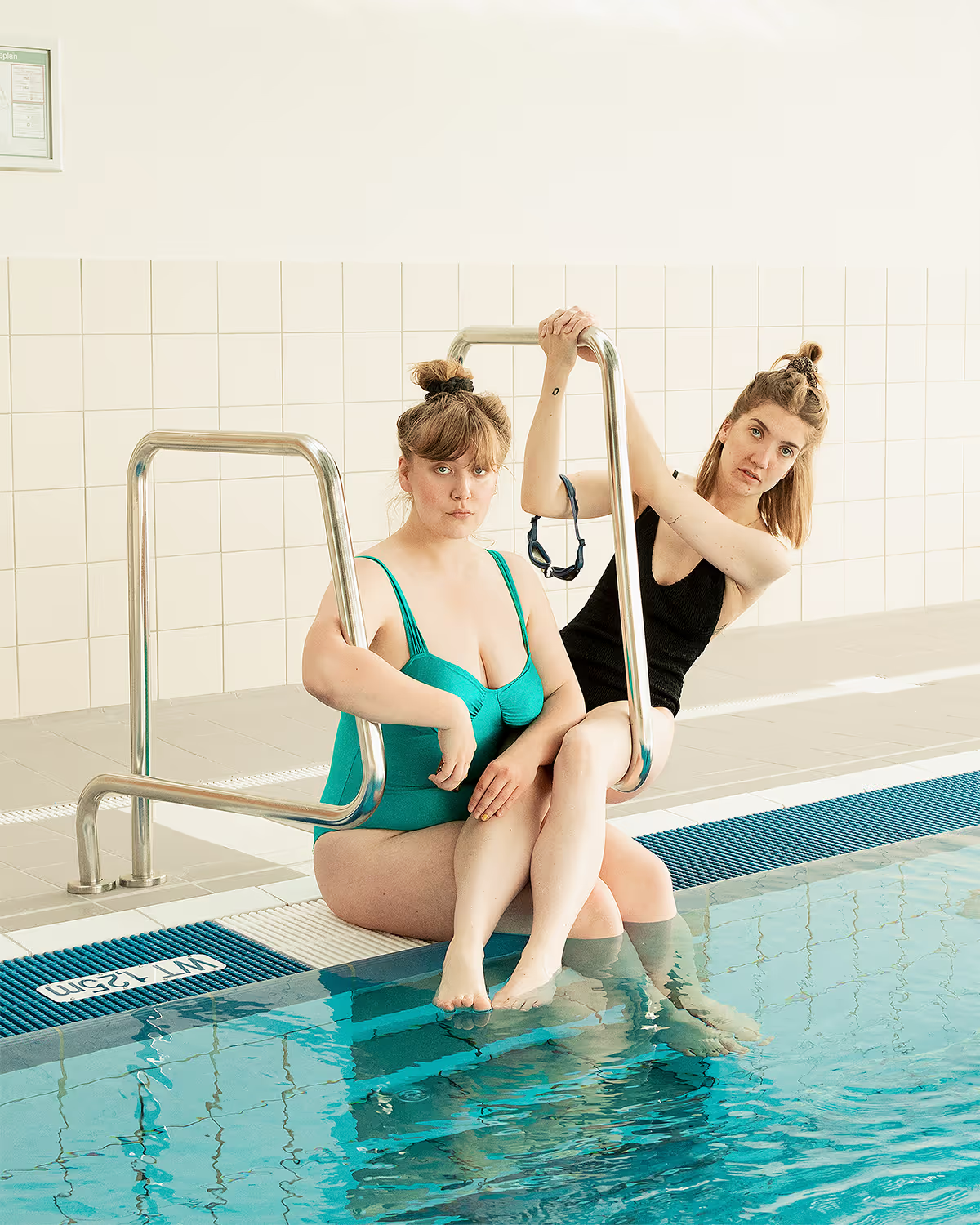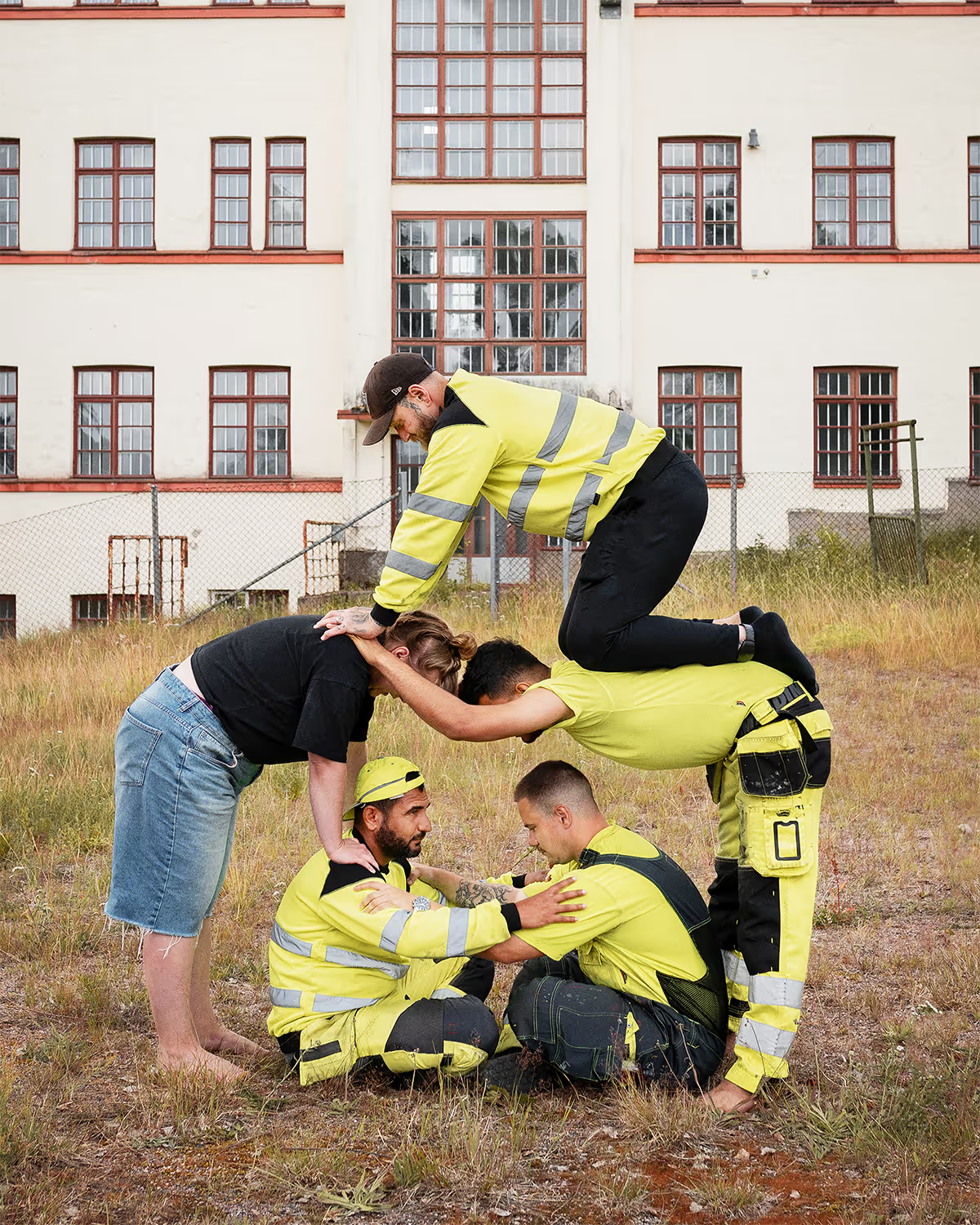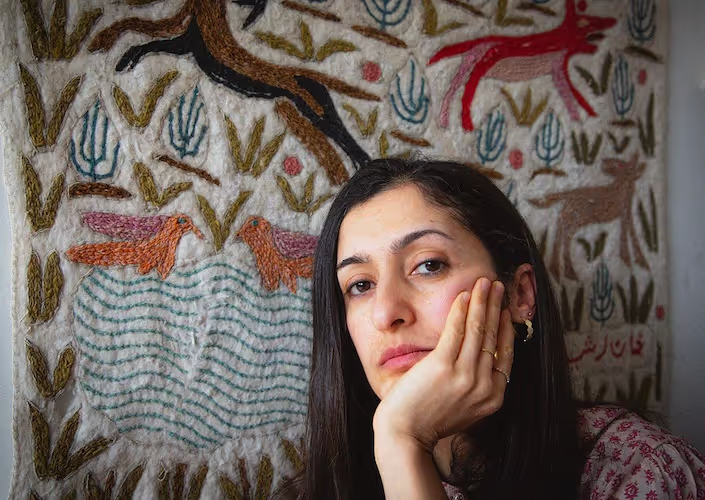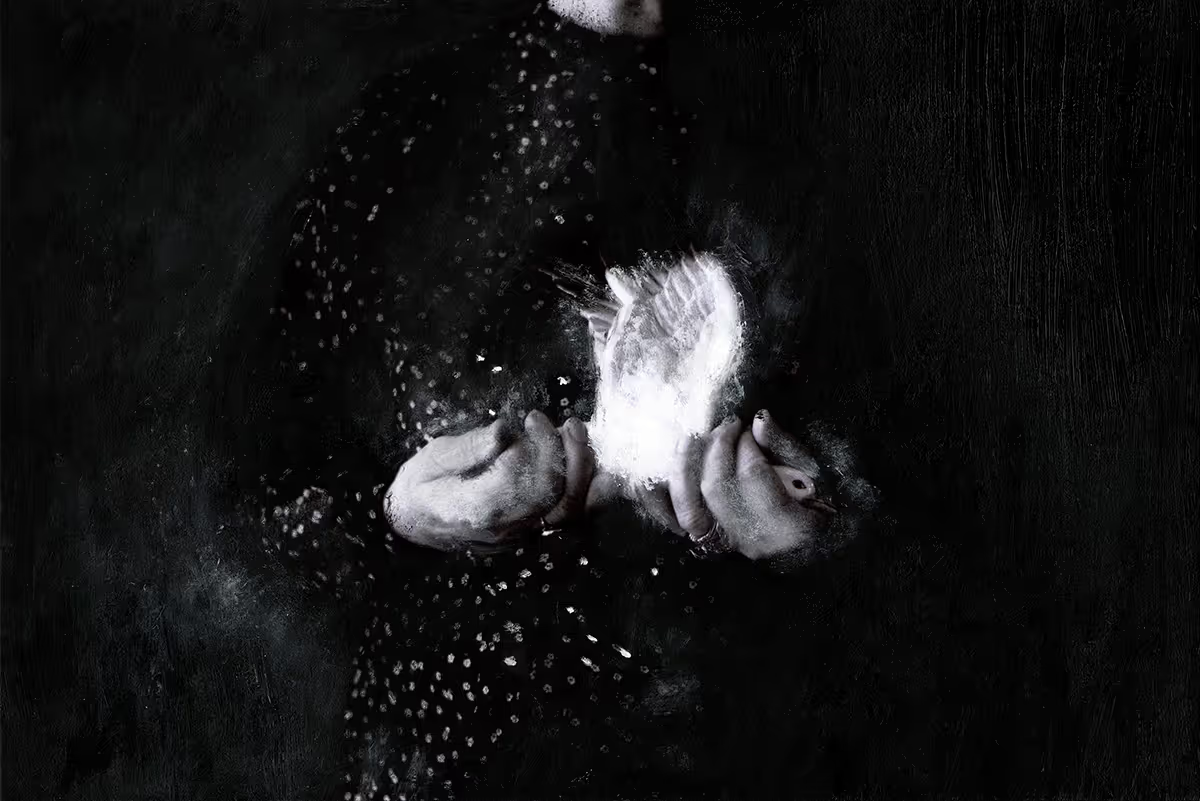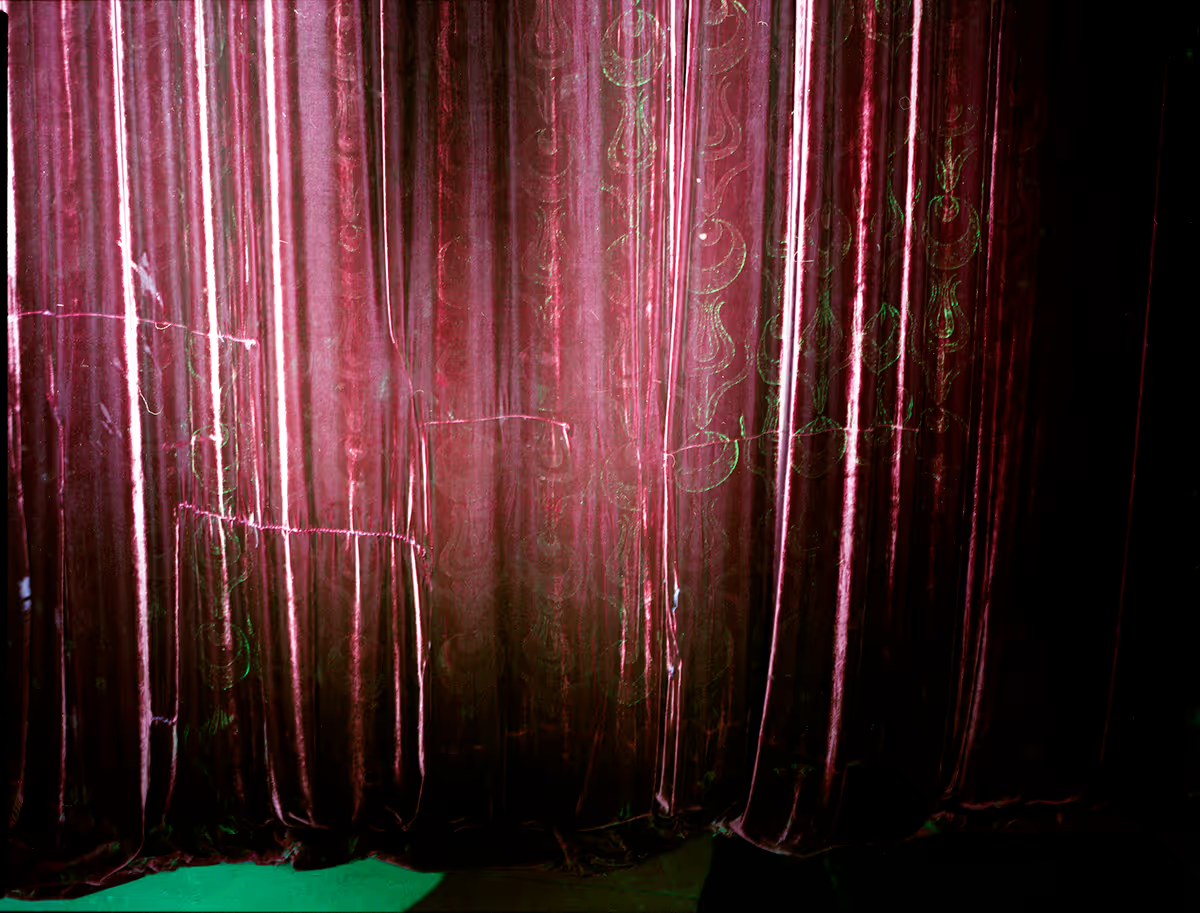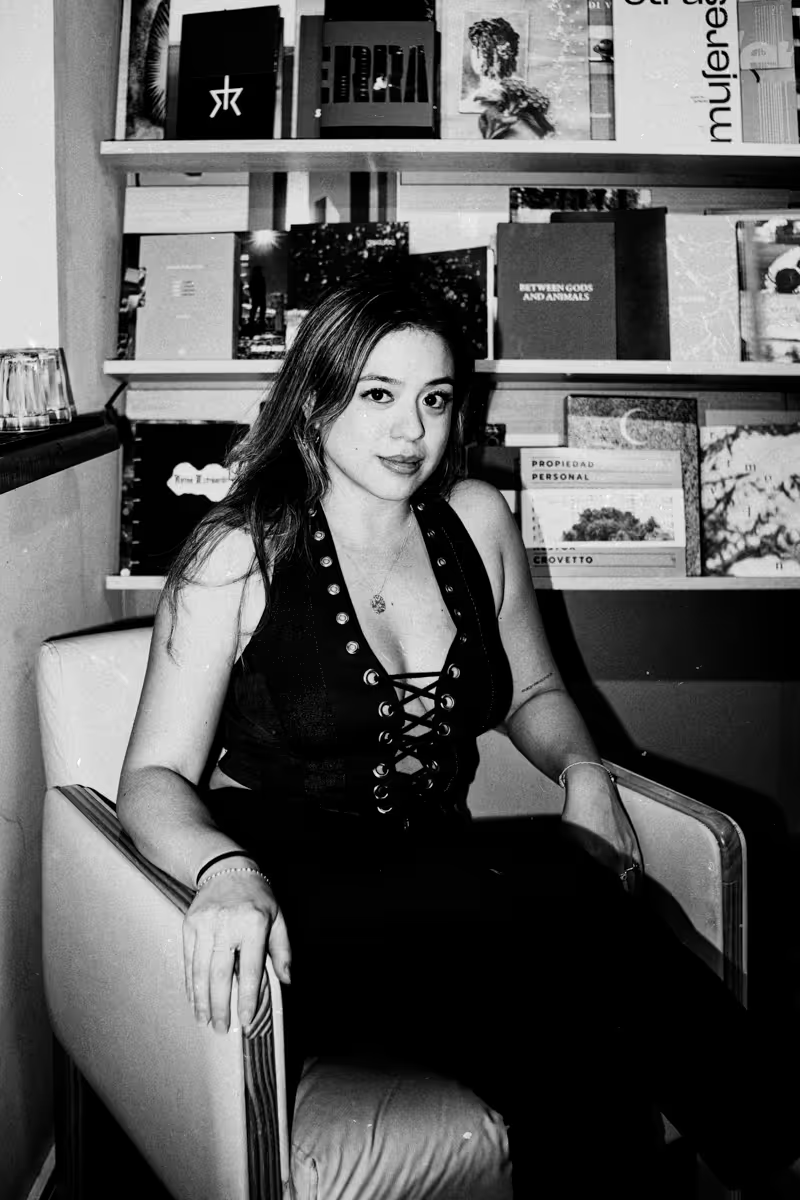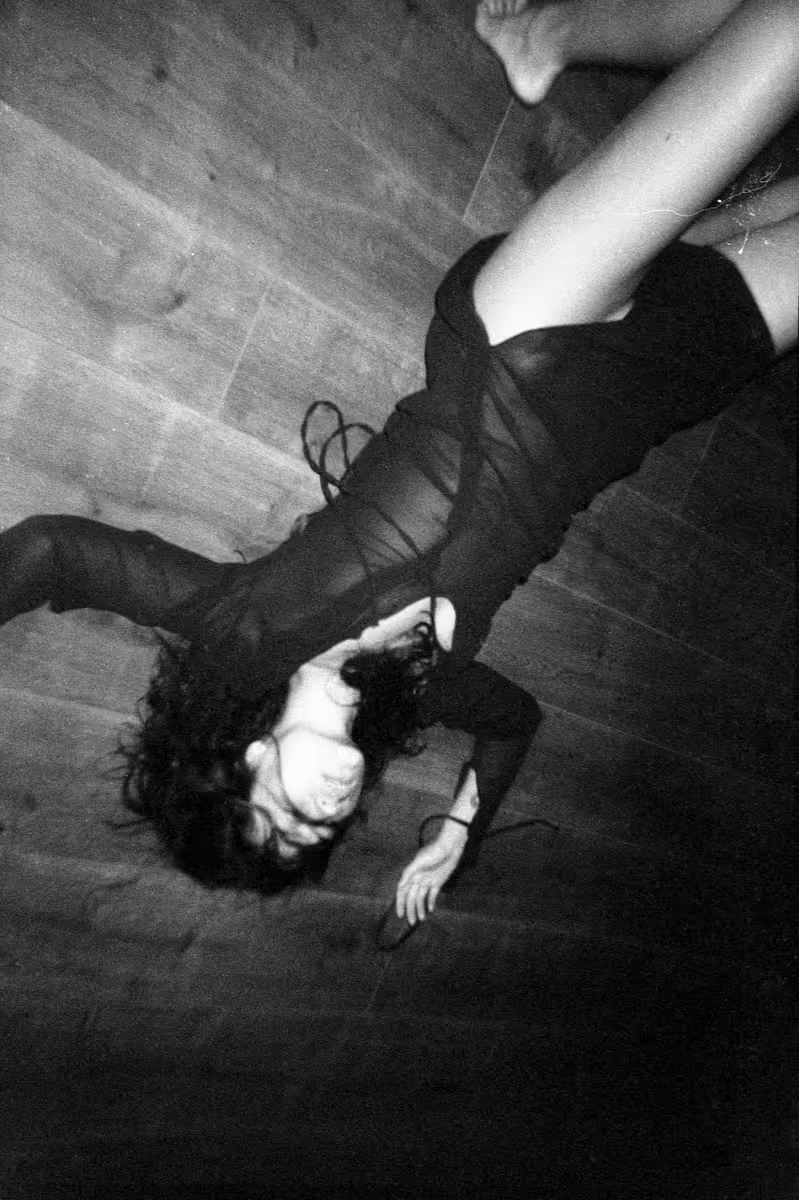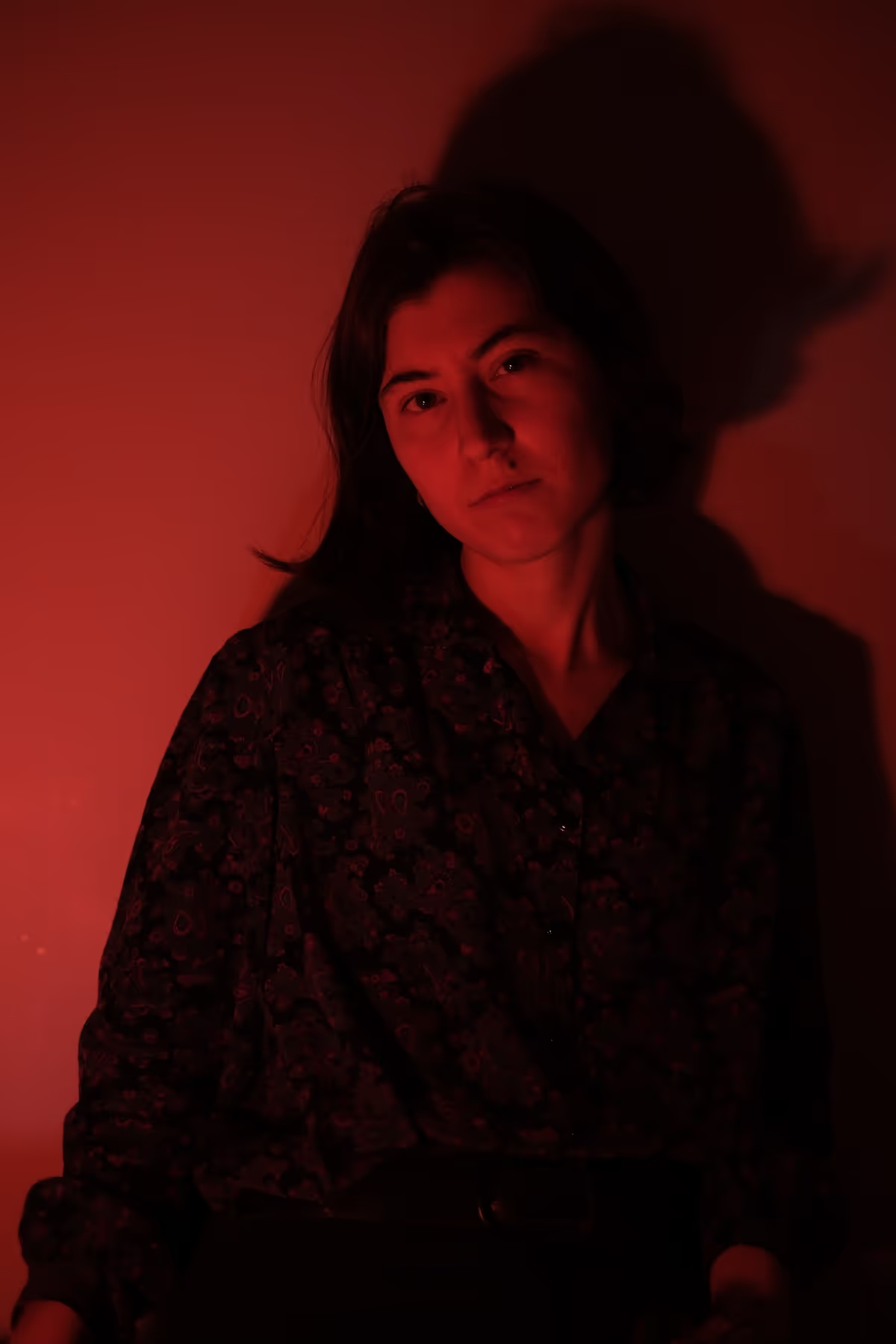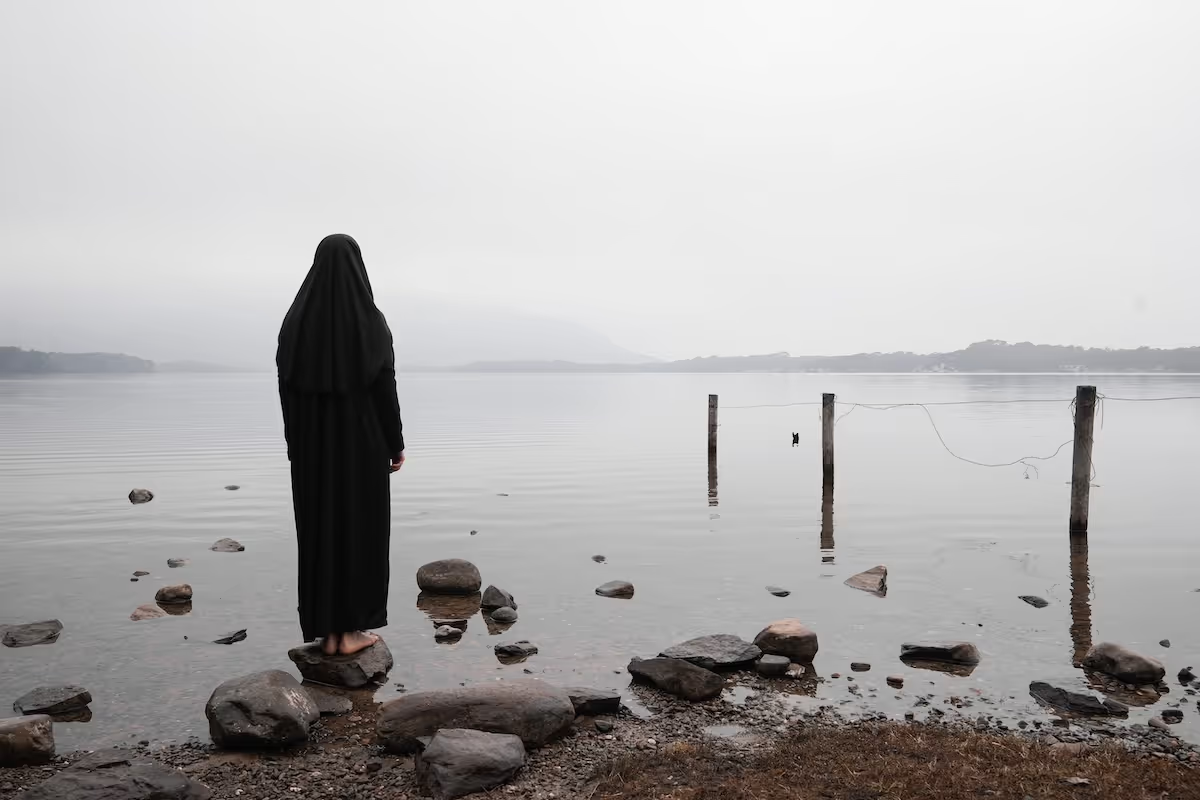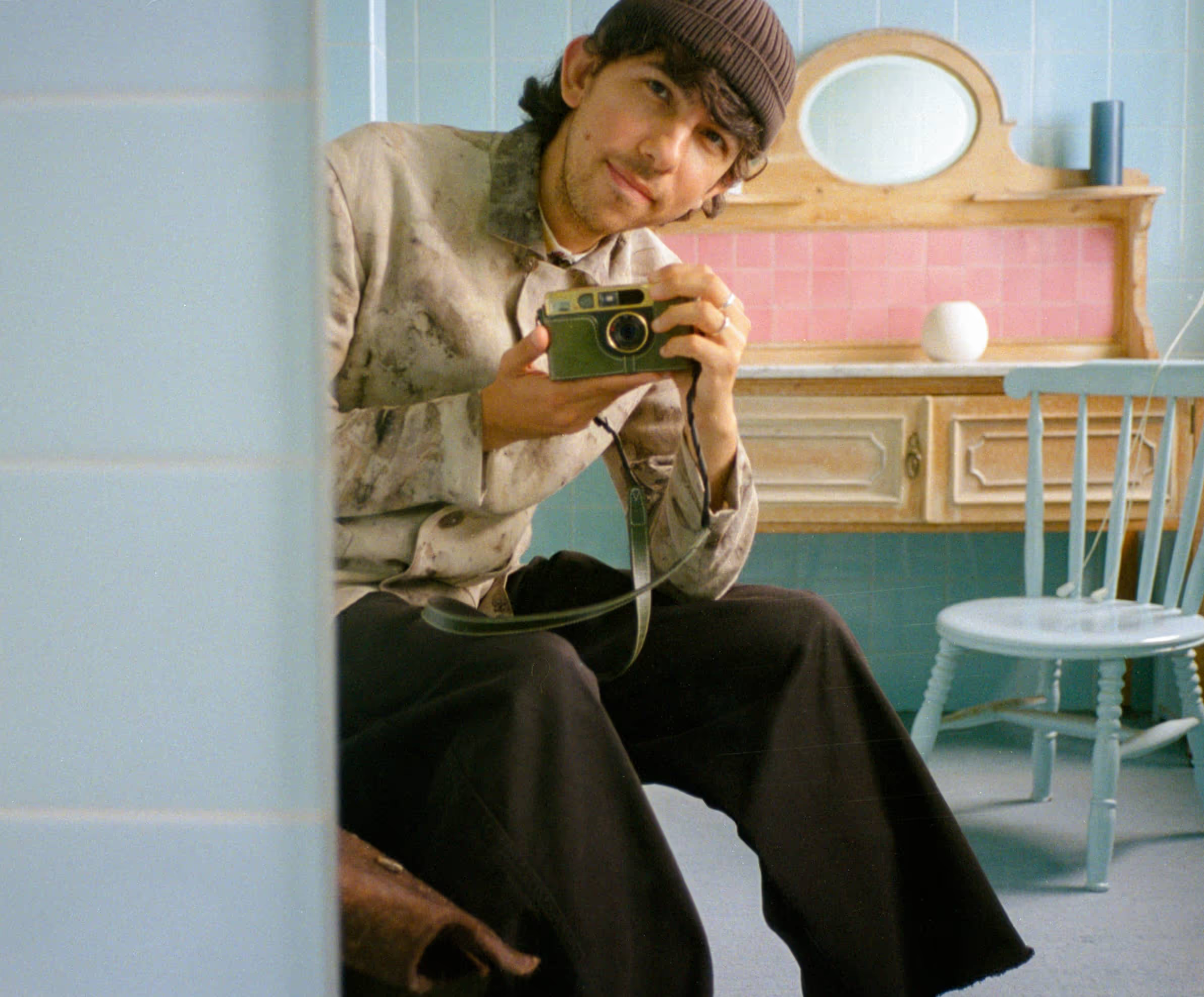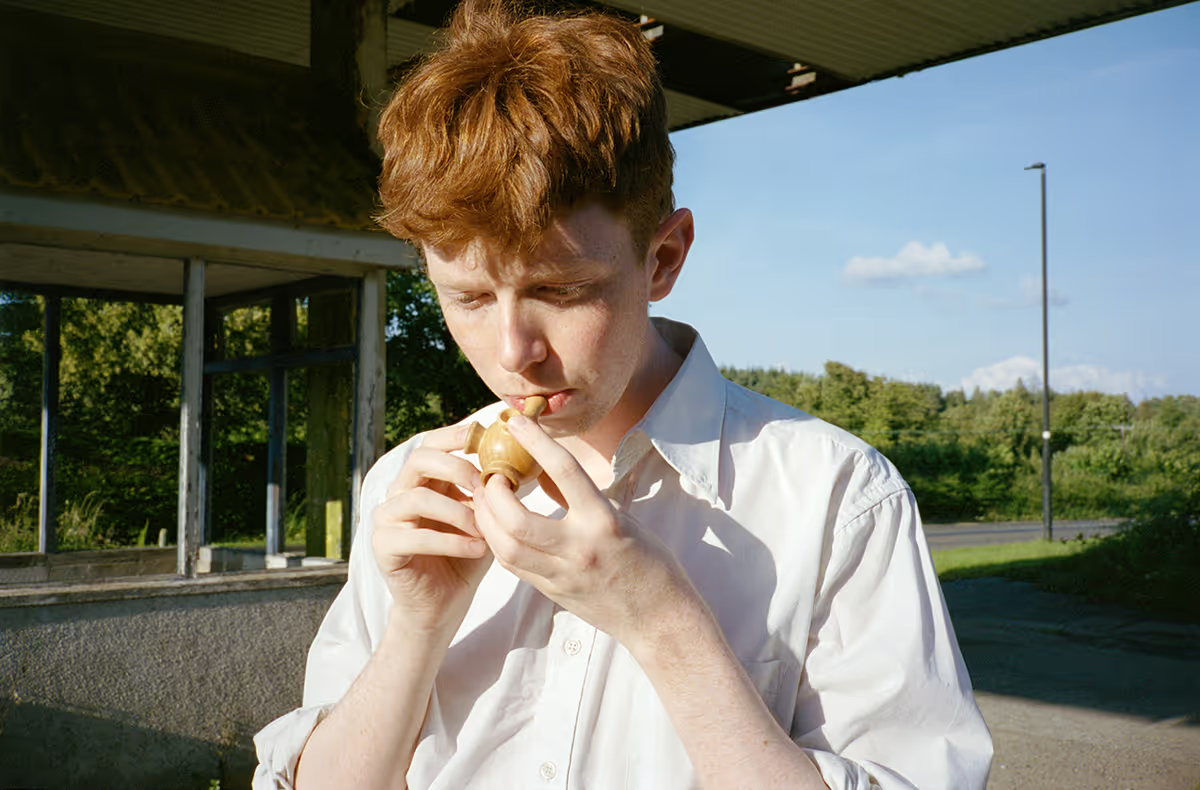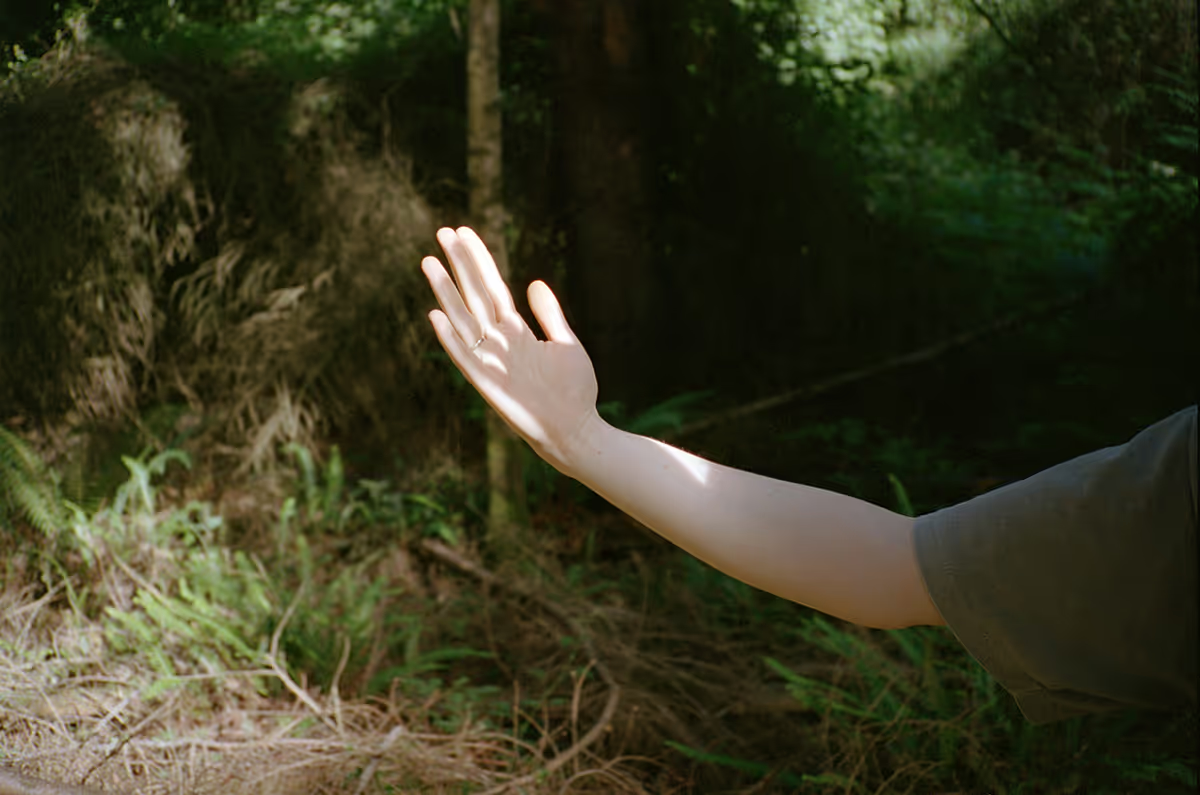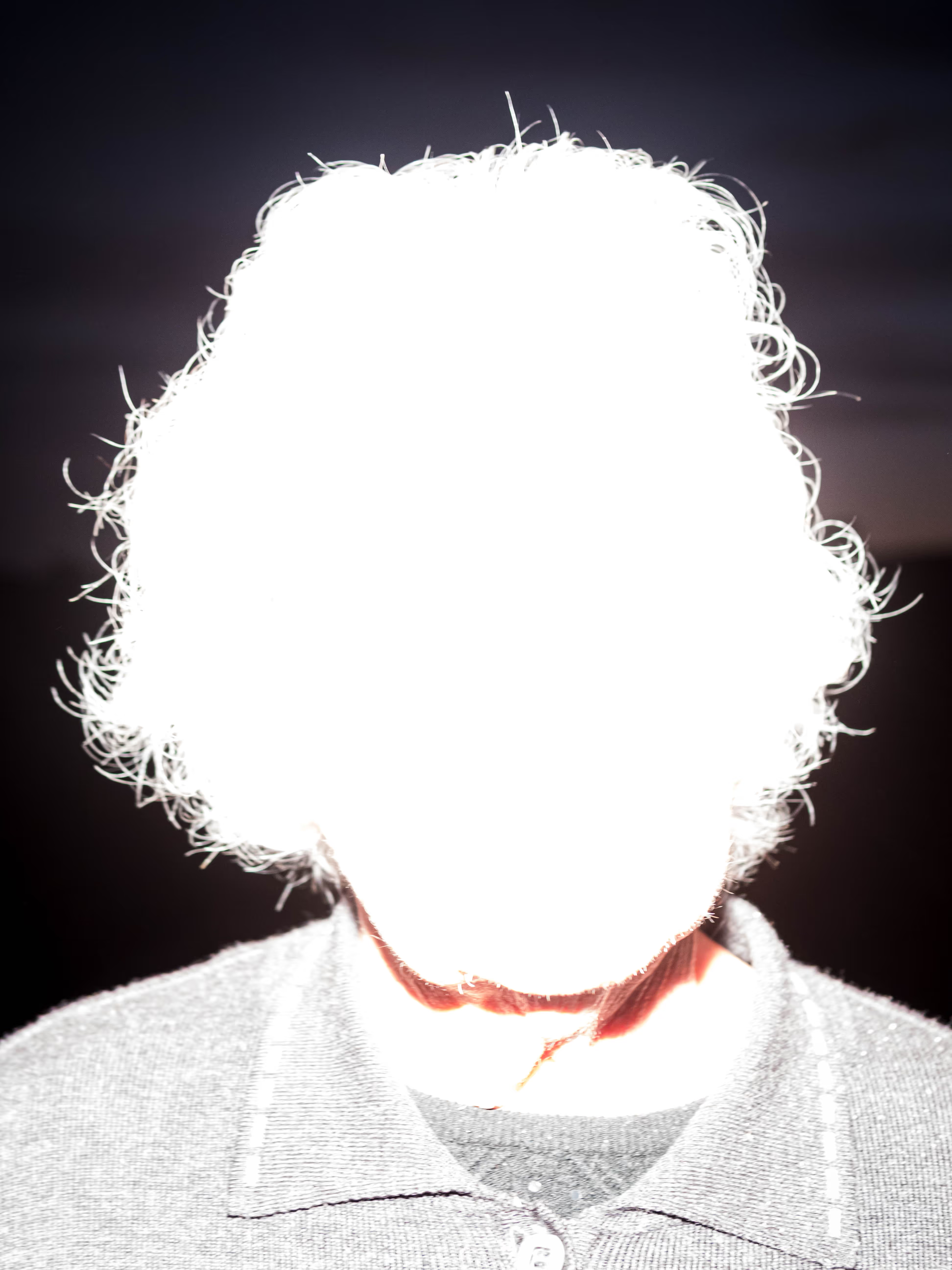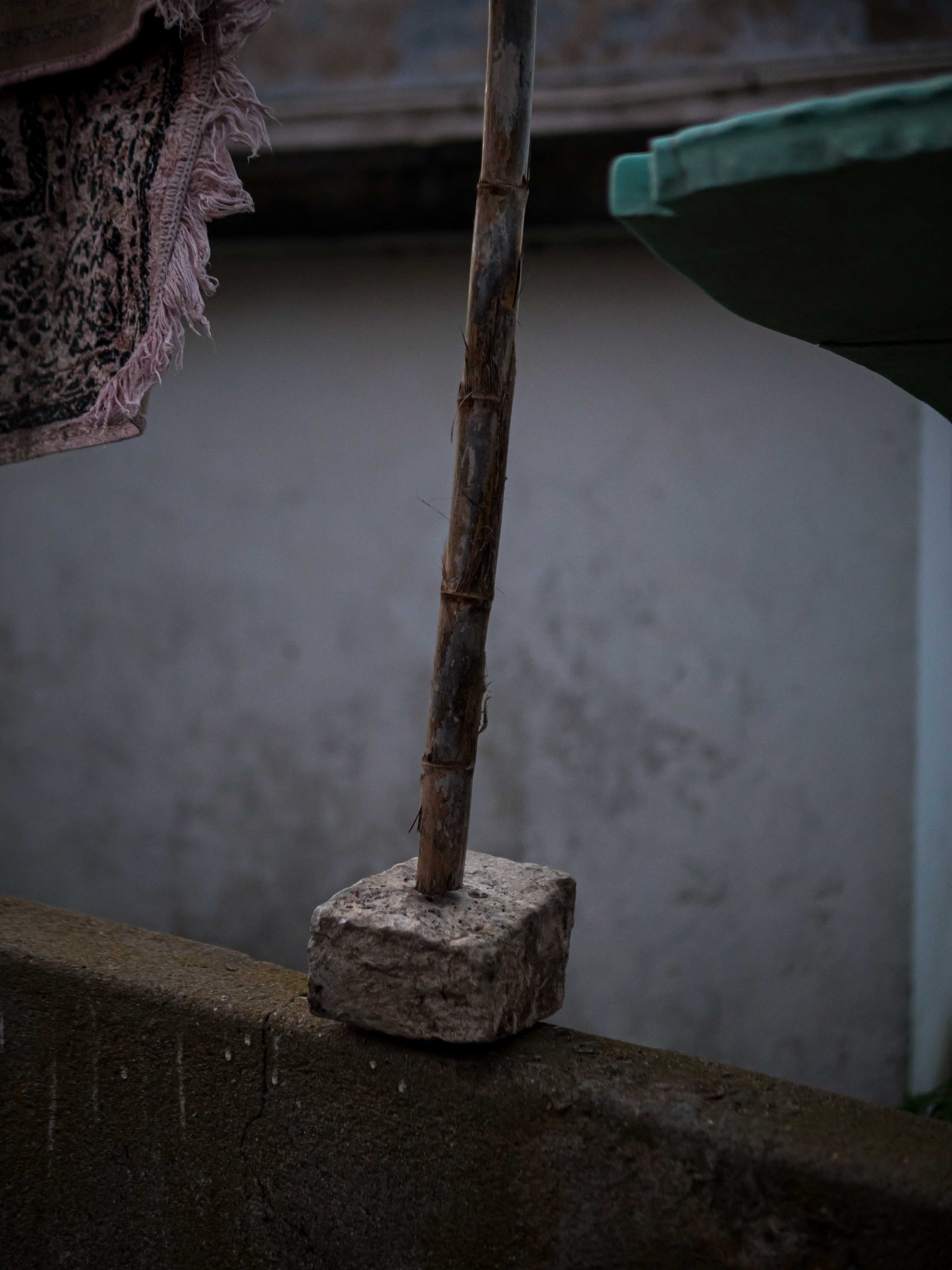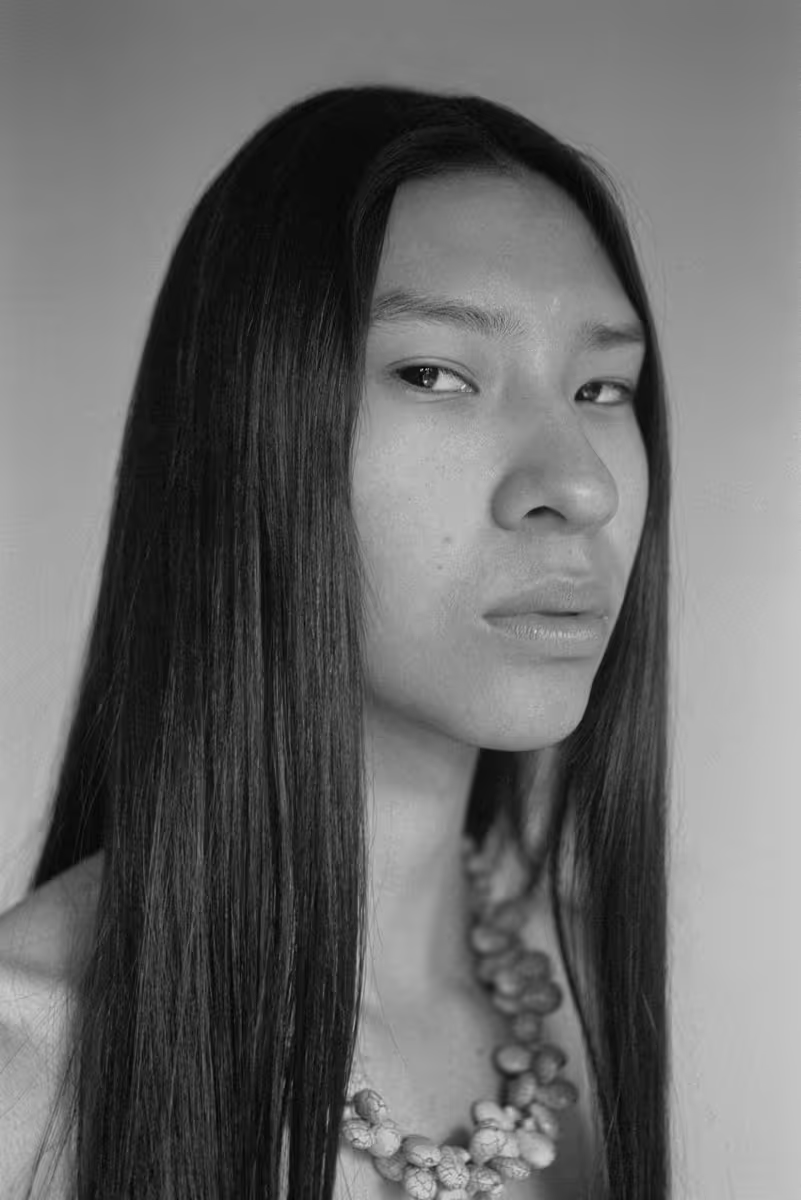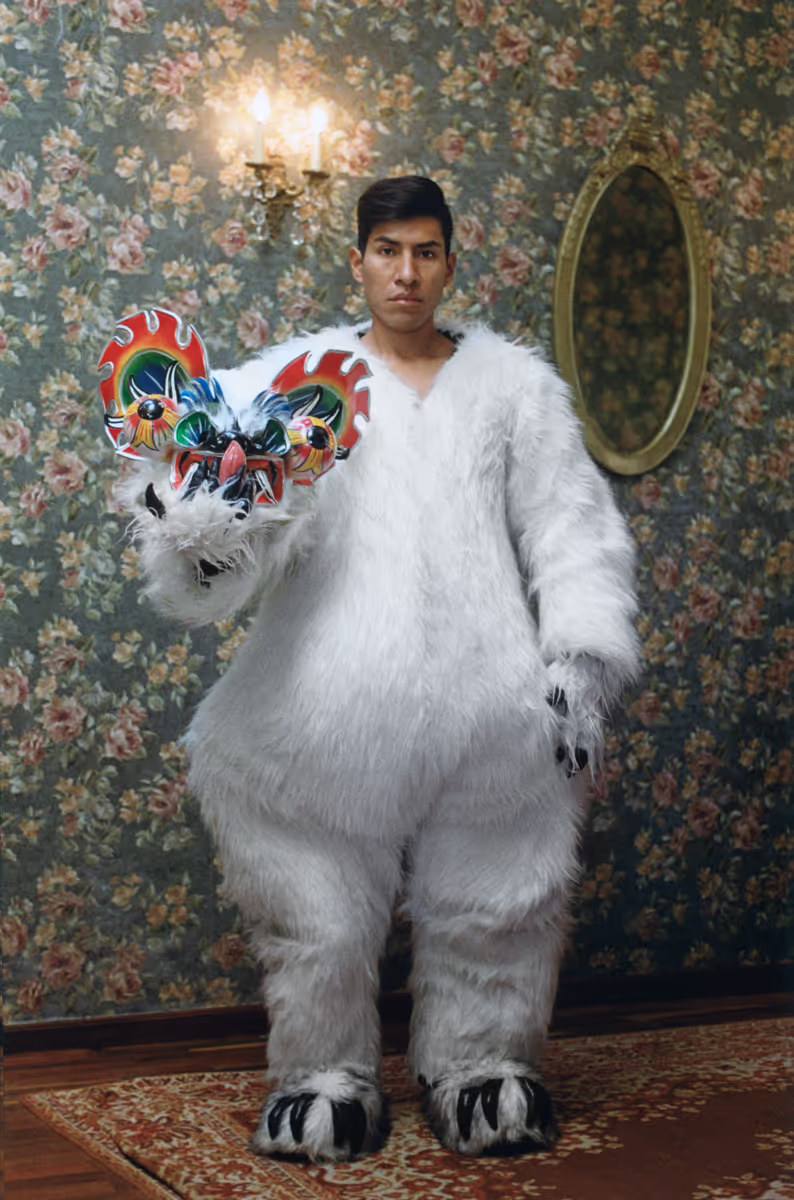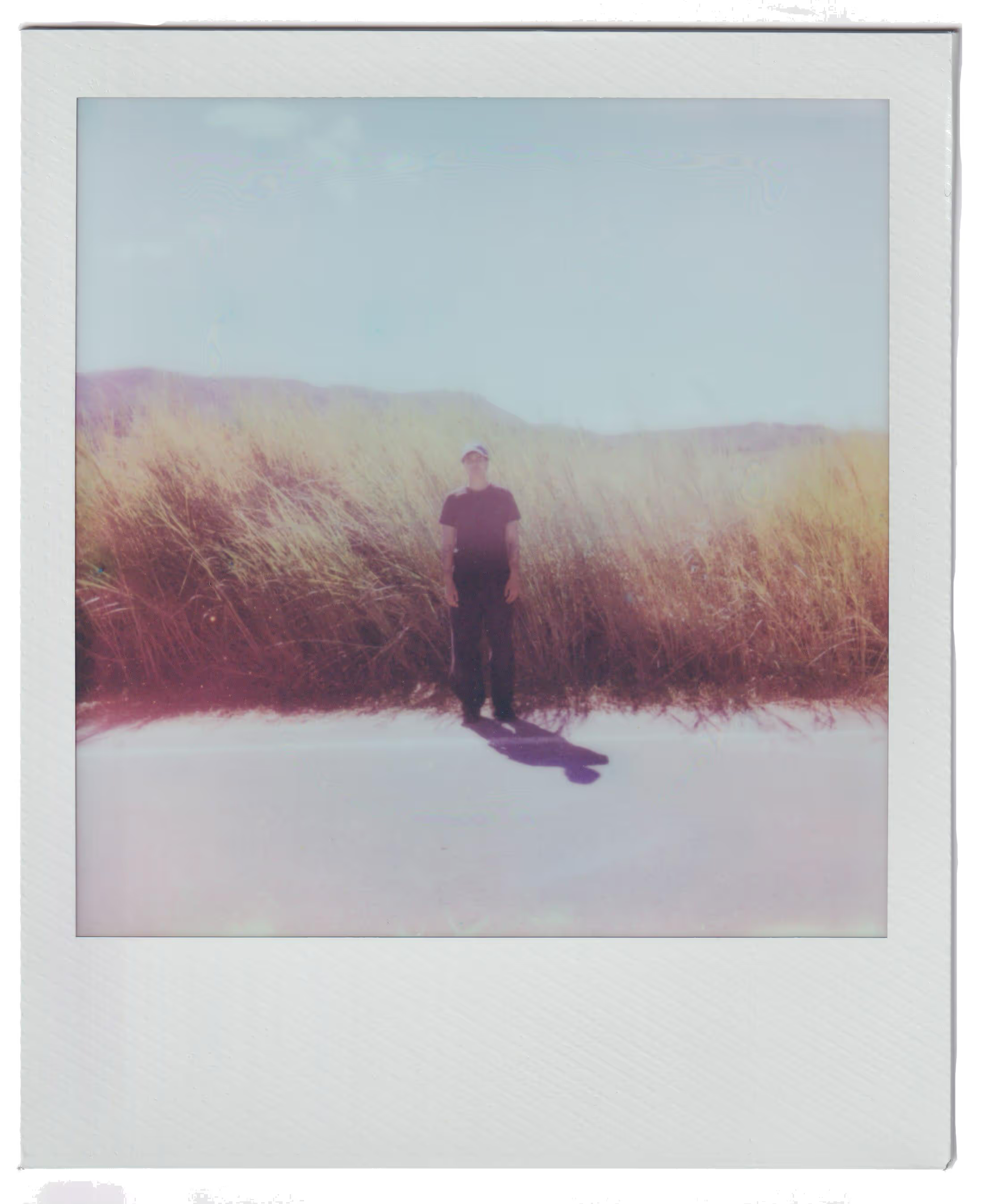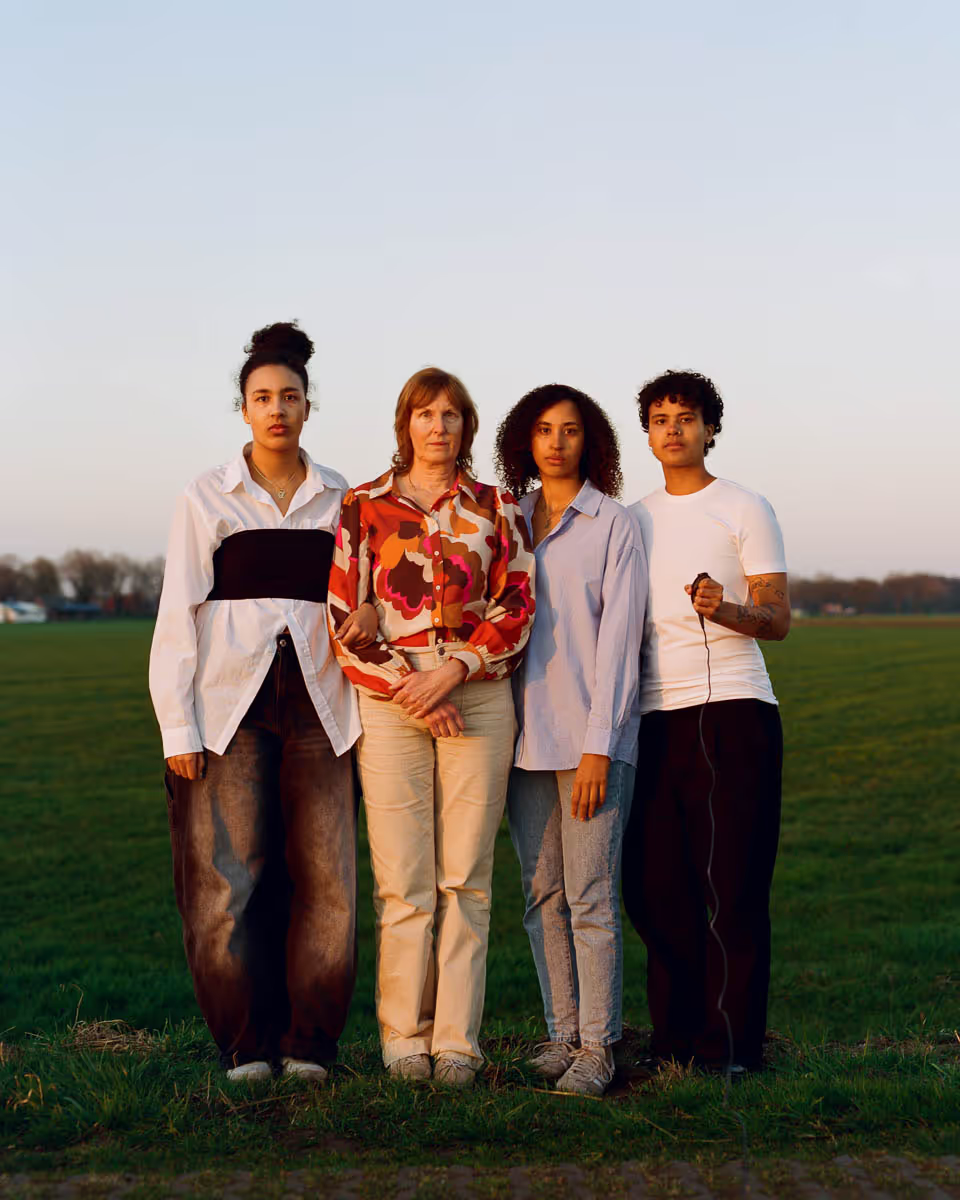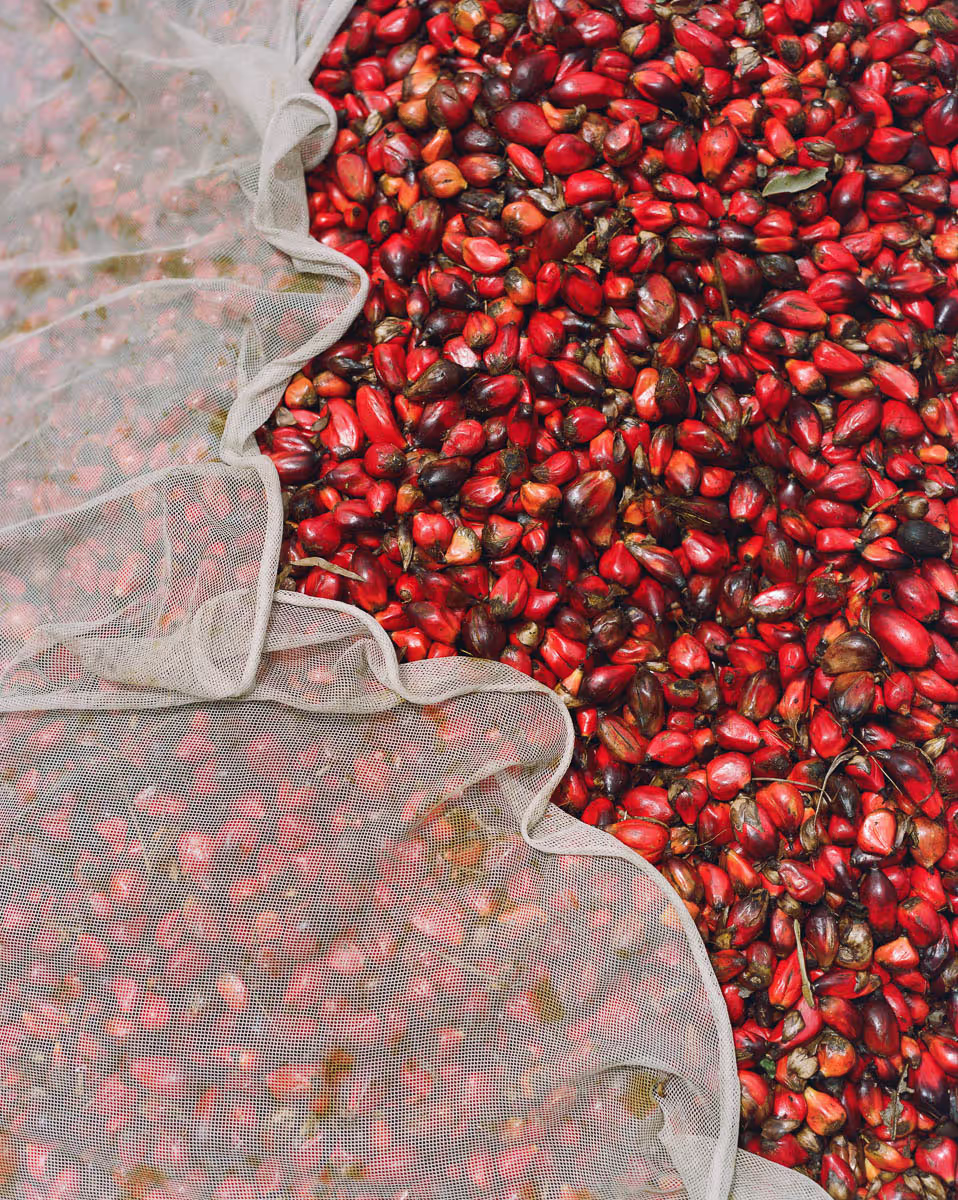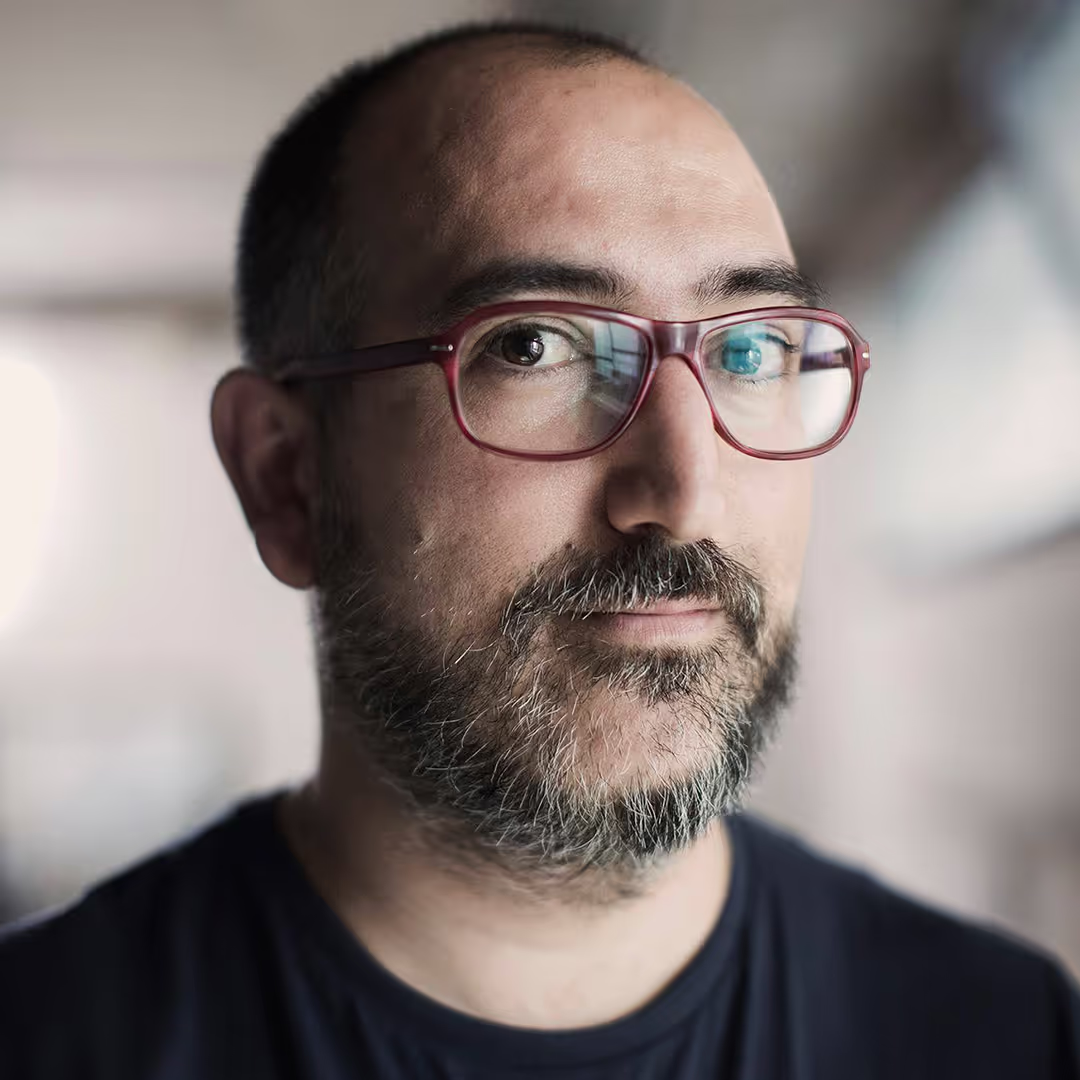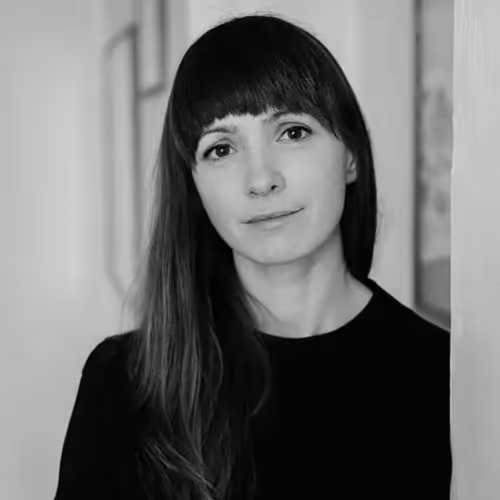
Artist
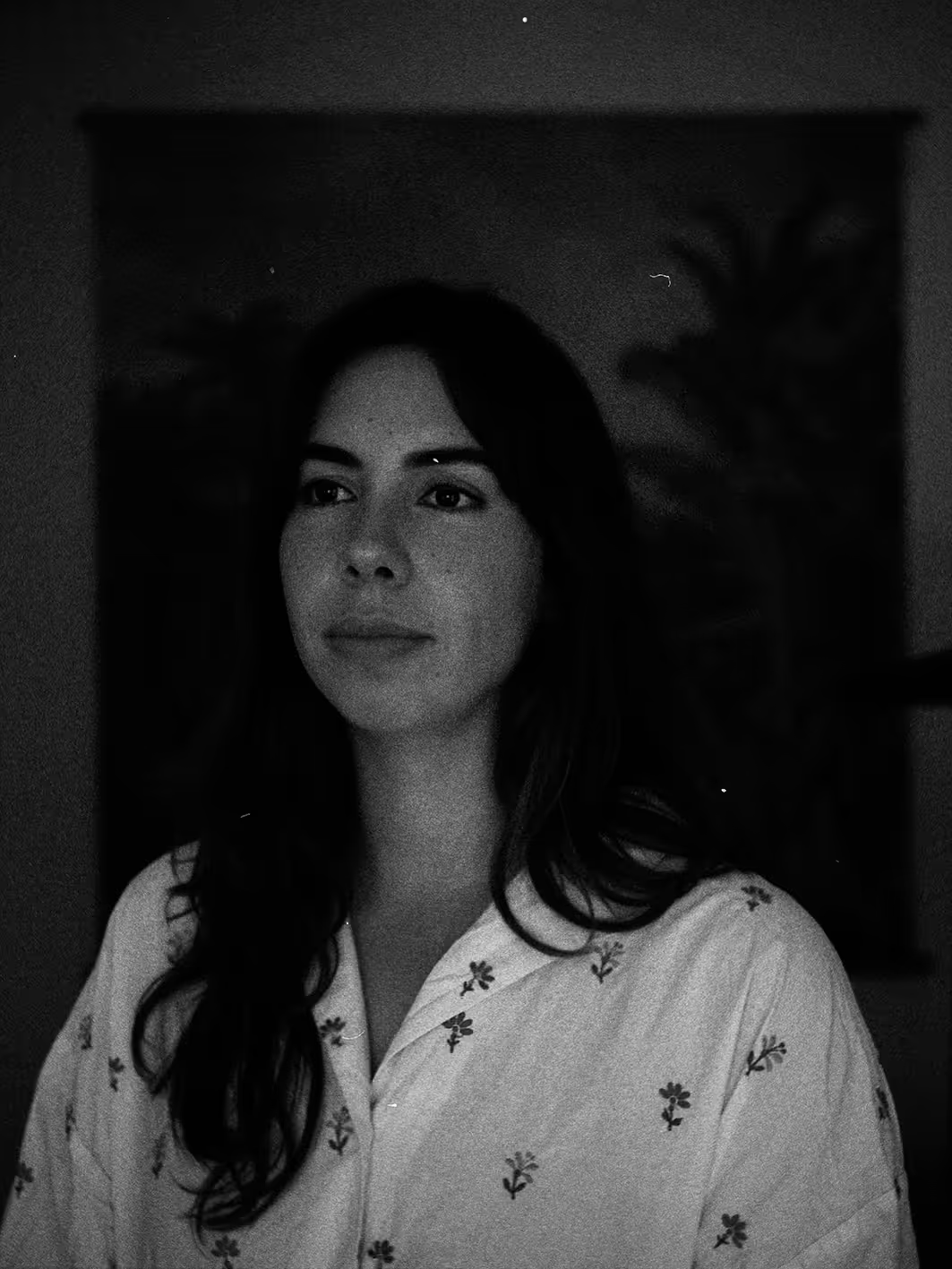
Teresa Freitas
Cinematica
Cinematica is an ongoing photographic series that reveals a transformative impact of colour in documenting real places and subjects around the world. Through specific colour aesthetics, a subtle yet intriguing shift in reality prompts viewers to question the authenticity of the scenes. Colour in each element of the image is curated in the light of the principles of colour theory, harmony and balance, where both soft and bright hues are thoughtfully mixed in varying proportions through tone and tint. Emphasising the impact on composition, subject, and place, each photograph becomes an exploration of colour's influence on both visual elements and emotional resonance. Cinematica invites the audience to engage with a convergence of reality and artistry, encouraging a heightened aesthetic response to the interplay of colour and narrative, while challenging conventional perceptions.
There is a specific observational quality to these images, where each scene gains a greater importance after being edited, immortalising seemingly ordinary moments with a different perspective. A new approach to street photography explores a sense of the street as an extension of the home and the street as a theatre, playing with familiar motifs and daily-life details, and the theatrical quirkiness of human behaviour.
Flower(s)
Teresa Freitas' work explores the potentiality of colour in photography influenced by painting and cinematic language. For FUTURES, she presents two long-term projects. The first, The Flower Chronicles: Rosa damascena, was developed in small communities around the world who work with traditions based on flower production. In this series, Freitas’ images depict the historical, cultural and socioeconomic dimensions of this activity, while the second project, Cinematica, is a work-in-progress that documents subjects around the world, focusing on the visual impact of colour in composition.
Rui Costa's work explores the poetic and subjective dimension of documentary photography. The project UMA AZEITONA BORDADA EM AZUL is an emotional manifestation about his grandmother, where signs of rupture and restlessness are the matrix of a dense photographic narrative. By interconnecting images from different sources – captured directly by the artist and taken from family albums – Costa creates multiple meanings.
Maria Beatriz de Vilhena's practice examines human nature through systems of belief and collective identity. Her portfolio includes three different bodies of work: Irene is an ongoing project that probes the emotional side of memory through personal photographs and family archives; OMNIS, generated as a collective collaboration, depicts a young religious community during World Youth Day in Lisbon; and Fractal represents the diverse practices of faith and worship present in religious communities in Lisbon.
Katya Bogachevskaia embraces photography as a therapeutic process, expressing her feelings about Russia's invasion of Ukraine while also questioning her own identity. Through the rituals of her daily life, Bogachevskaia documents her emotional state, probing themes of war, emigration, a loss of home, the uncertainty of the future, guilt and death.
João Ramilo's work metaphorically appraises different socio- and economic perspectives around his own village, Louriceira, in the Portugal interior. His ongoing project From rock to bone is an ontological reflection based on his concerns about the disappearance, resignation and preservation of place.

